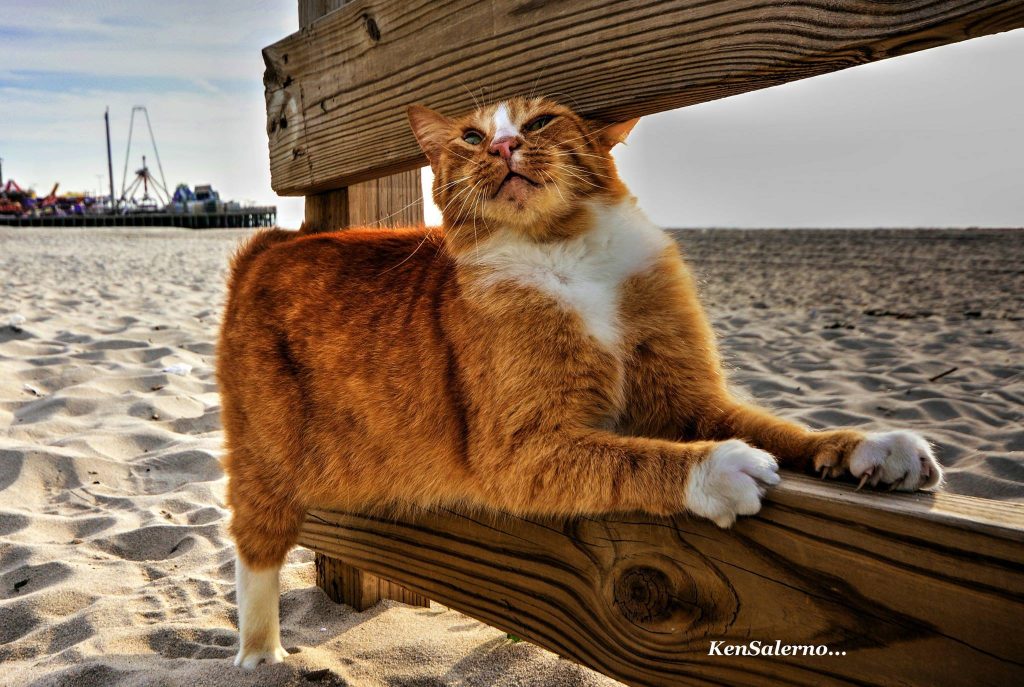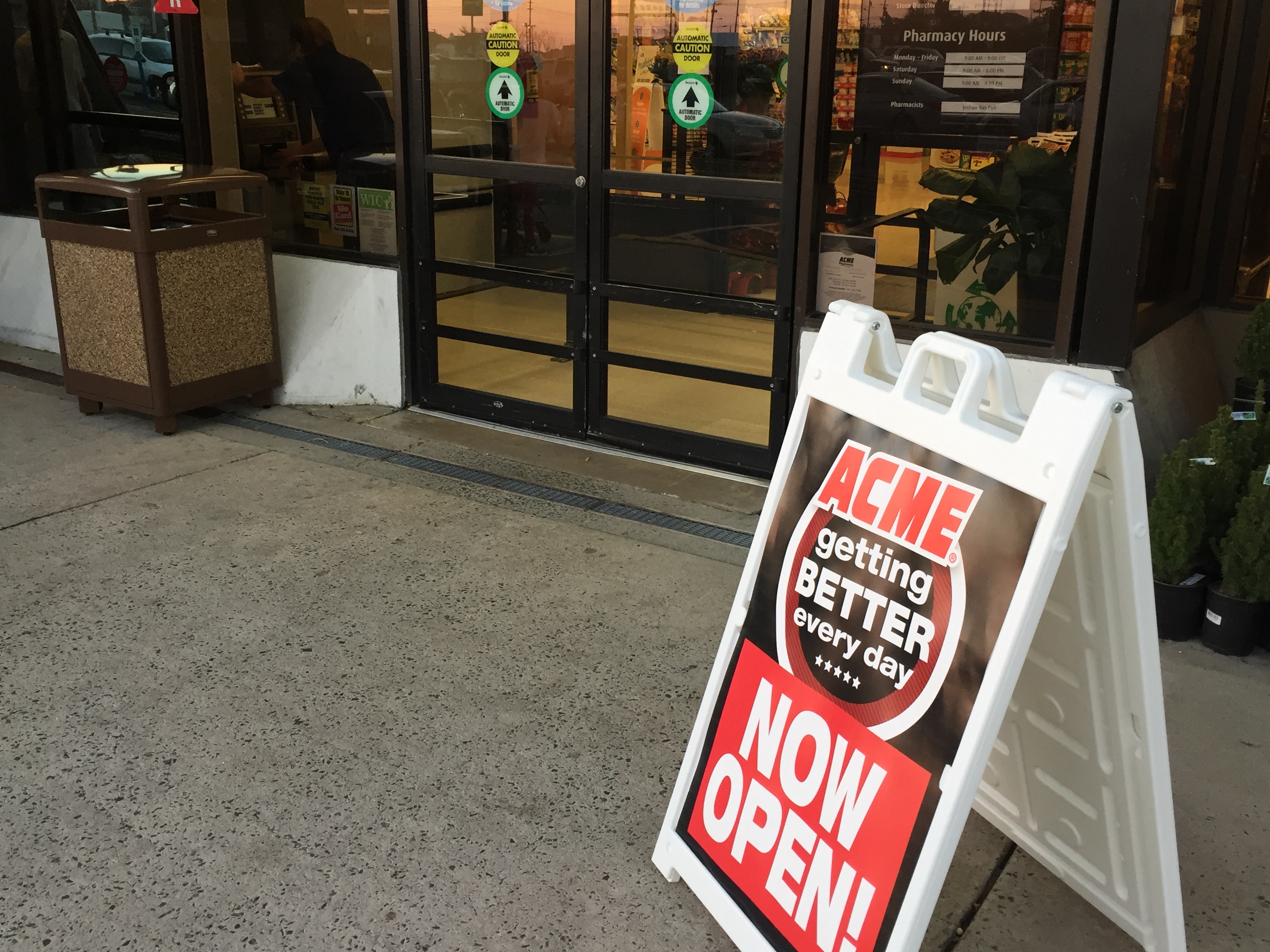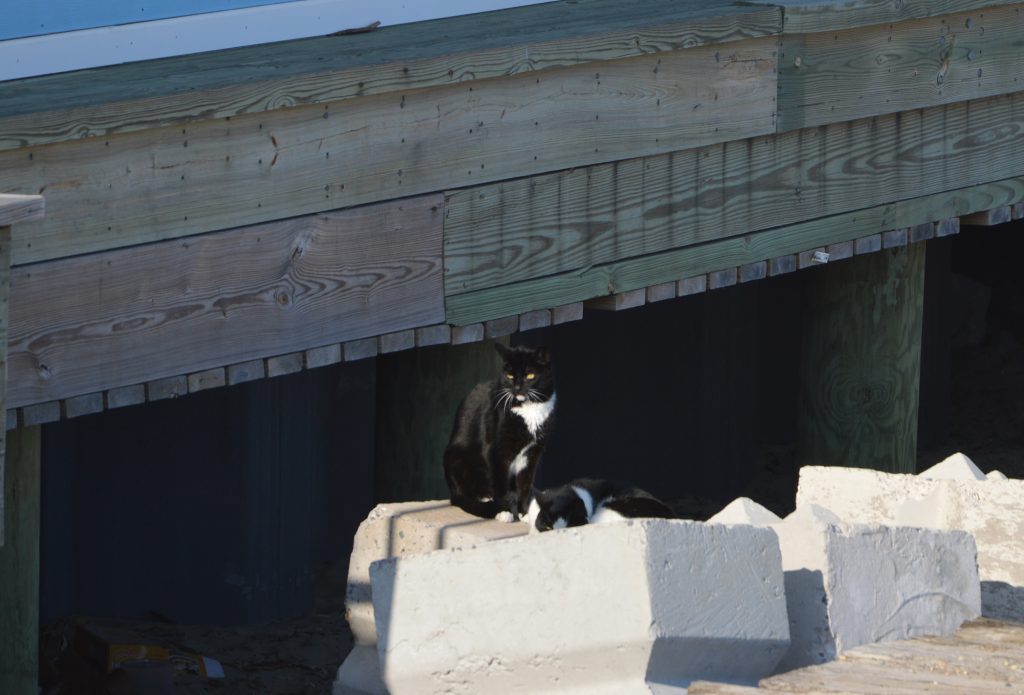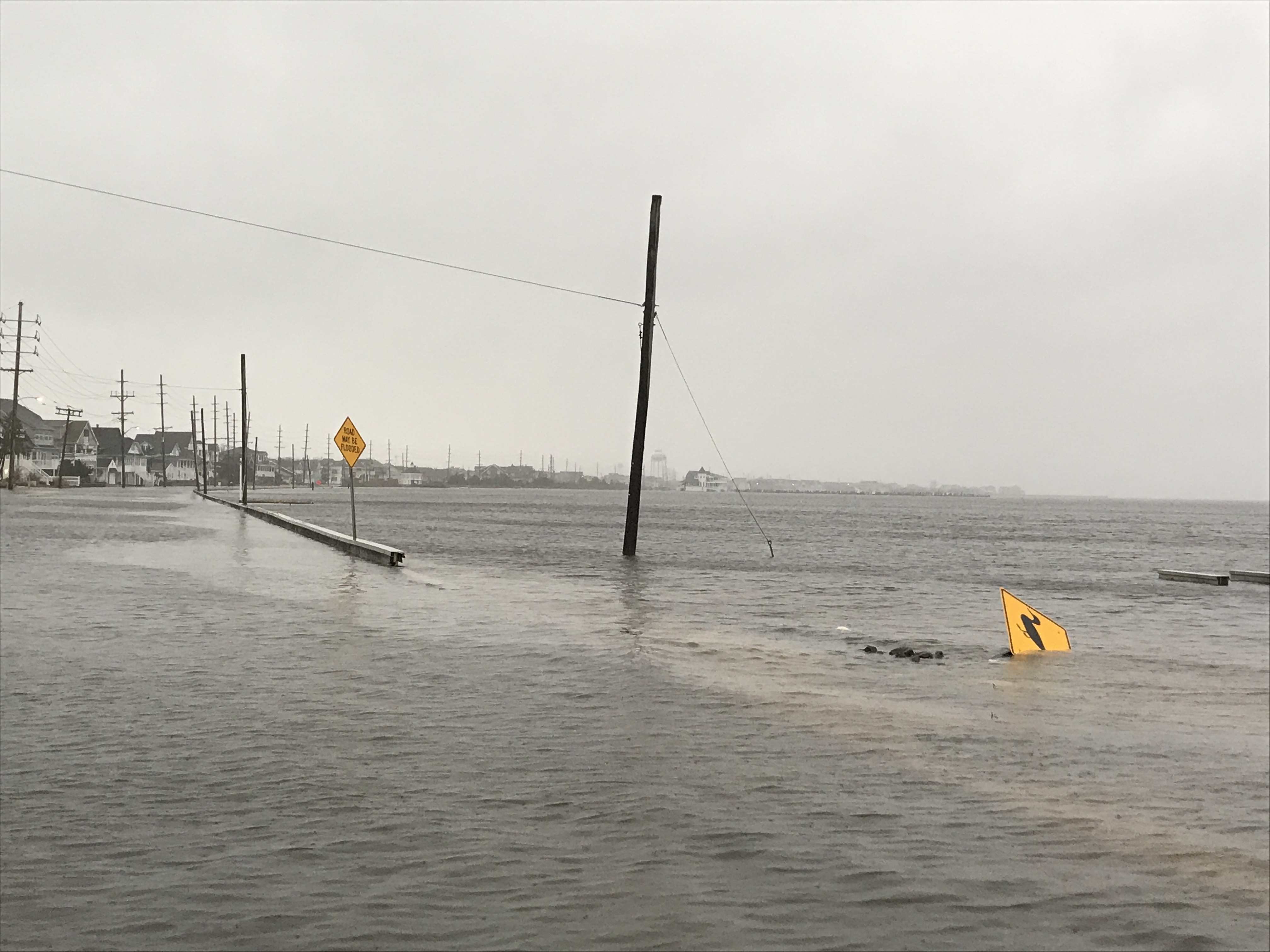Officials in Seaside Heights have introduced an ordinance that imposes new regulations on cat owners, restructures a program to reduce the borough’s feral cat population, and replaces a nonprofit feral cat management group with one that has government oversight.
The ordinance was introduced Wednesday at a meeting of the borough council. It will be up for a public hearing and second vote July 20. Nevertheless, supporters of the Seaside Heights Animal Welfare Organization, which managed a trap-neuter-release program in the borough, voiced opposition to the move. The supporters, mainly from outside Seaside Heights, disagreed with numerous residents who called for action on the feral cat issue.
Feral cats in Seaside Heights have been managed in “colonies” by the TNR group, which has funded the trapping and neutering of feral cats for several years. Members of the group also maintain the colonies and feed the cats regularly, including those most visible in the boardwalk area. Residents, however, have complained that the feral cat population has increased, and volunteers with the group have maintained colonies in residential areas, leading to feral cat infestation in neighborhoods which has affected their quality of life.

A cat named “Big Red” by volunteers at Webster Avenue on the Seaside Heights boardwalk. (Photo: Ken Salerno)
Under the introduced ordinance, owners of domesticated cats would have to register their felines with the borough. They would be banned from allowing “sexually intact” cats from roaming unsupervised or unleashed outdoors.
The borough’s animal control officer would replace the Seaside Heights Animal Welfare Organization as the manager of the TNR program, which would continue in a different fashion under the plan. The animal control officer would report to the borough administrator, and an “animal coordinator” would report to the animal control officers. The coordinator could be an individual or a group, said Borough Administrator Christopher Vaz.
“The authority of the Animal Coordinator is substantially less than the authority that was granted to the [Seaside Heights Animal Welfare Organization] in the existing ordinance,” Vaz said.
The mayor and council, said Vaz, “believes that it is improper for a governing body to delegate to a non-profit animal protection organization the governing body’s constitutional/statutory obligation and authority to protect the public health, safety and welfare.”
The ordinance preserved the TNR program but bans cat colonies from the boardwalk area, beach area and along the Boulevard. Feral cat colonies, under the new ordinance, would have to be registered with the borough and approved by the property owner where the colony would be maintained, as well as neighbors. The number of cats in each colony would be limited to 10 unless the animal control officer allows a larger number.
The new program will also promote adoption and building relationships with cat sanctuaries both in and out of state where the cats could be relocated.
“Is relocation here an option? Yes, but it is only a last resort,” said TNR supporter Nancy Scalzone.
Molly Armus, staff attorney for Alley Cat Allies, a Maryland-based group, also came to the meeting to support the TNR group.
“Nothing really stops the cycle like neutering,” said Armus. “I understand that there are issues because this is a smaller town. We really hope you guys don’t move backwards.”
Specifically, Armus said, her organization is against registration requirements.
“We have worked in many, many cities and towns across the country, and this always backfires,” she said. “People are afraid of giving their phones numbers and are afraid of harassment.”
Supporters of the group presented an online petition that garnered 12,700 signatures in support of the TNR group from as far away as Zimbabwe. Residents, however, implored the council to act to remedy what they called a quality of life issue.
Pete Carlino, of Sampson Avenue, said his street may as well be called “Cat Crap Alley.”
“We are a beach community, we’re not a cat community,” said Carlino. “We were not founded on, ‘God bless cats.’ We just want to have a clean house, a clean place to go.”
Another resident said a cat died in a crawl space under his house, leading to an infestation of flies. Still another said he cannot use his outdoor furniture because so many cats are gathering on it since one of the colonies is maintained by a woman next door.
“The Seaside boardwalk cats are celebrities,” a supporter, however, told the council. “The TNR program is a great program and it does work. The eyes of the United States are on Seaside Heights.”
Borough resident Ray Nebus, however, said the local government needs to be concerned with its own residents.
“I think you should be answering to your constituents, and not the 12,700 people from out of town,” he said.

Advertisement

Seaside Heights & Seaside Park
Seaside Heights School Board Seeking More Participation, Will Change Meeting Times

Police, Fire & Courts
Seaside Park Man, 68, Charged in Fatal Crash With Pedestrian

Ortley Beach & North Beaches
Lottery Ticket Worth $10K Sold at Ortley Beach Acme

Ortley Beach & North Beaches
Abandoned Private Island ‘Mansion’ in Barnegat Bay Poised for Demolition








